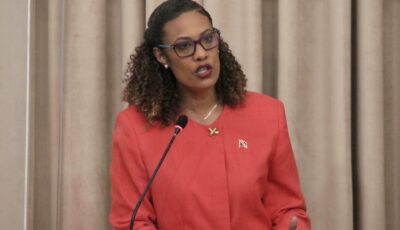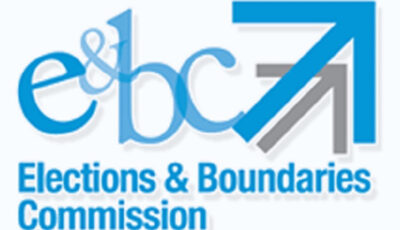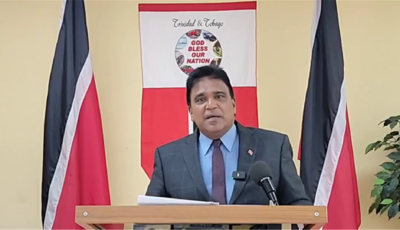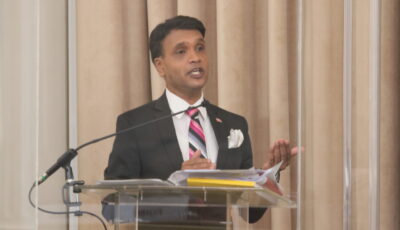PM’s message in recognition of International Day for the Abolition of Slavery
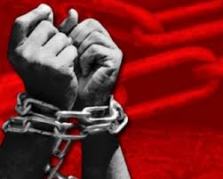 Article Four of The Universal Declaration of Human Rights (1948) states: “No one shall be held in slavery or servitude: slavery and the slave trade shall be prohibited in all their forms.”
Article Four of The Universal Declaration of Human Rights (1948) states: “No one shall be held in slavery or servitude: slavery and the slave trade shall be prohibited in all their forms.”
The International Day for the Abolition of Slavery, December 2nd, recalls the adoption, by the General Assembly, of the United Nations Convention for the Suppression of the Traffic in Persons and of the Exploitation of the Prostitution of Others of December 02nd, 1949.
The focus of this day is on eradicating all contemporary forms of slavery, such as trafficking in persons, sexual exploitation, child labour, forced marriage, and the forced recruitment of children for use in armed conflict.
Living in a modern society, it is disturbing to think that slavery is still prevalent in parts of our world. No one should be treated unfairly and harshly to suit the advantages of others.
Trinidad and Tobago, along with the global community, remains committed to the fight against slavery in all its forms and to raising awareness on the subject.
Today, more than ever, people must be reminded that modern slavery is an affront to human rights and to our common humanity and that we need to work together – governments, civil society, the private sector, and individuals – in eradicating any form of slavery in our societies. It is a dehumanizing practice that must be discontinued.
Throughout history slavery has evolved and manifested itself in different ways, even embedding itself in traditional beliefs and customs. Unfortunately, these forms of slavery are the result of long-standing discrimination against the most vulnerable groups in societies, particularly women and girls.
Today, according to the International Labour Organization, it is estimated that over 21m people are in forced labour – with 26% (5.5m) being children used for economic and sexual exploitation.
This is particularly troubling given the fact that the Convention on the Rights of the Child explicitly recognizes “the right of the child to be protected from economic exploitation and from performing any work that is likely to be hazardous or to interfere with the child’s education, or to be harmful to the child’s health or physical, mental, spiritual, moral or social development.”
It is a fact that many forced labour victims work hidden from public view and scrutiny – on fishing vessels, construction sites, in commercial agriculture, in the entertainment industry, and in factories. Domestic workers, the majority of whom are women and girls, are often victims of abusive practices by employers, such as non-payment of wages, deprivation of liberty, and physical and sexual abuse.
Forced labour also has broader social and economic costs as it impedes genuine and lasting economic development and increases or perpetuates poverty.
Slavery, in the context of forced labour, also exists within global supply chains, generating huge profits for those who control this industry in free labour. The United Nations’ global initiative to fight trafficking notes that people trafficking is the third-largest global criminal industry, behind drugs and arms trafficking.
The Government of the Republic of Trinidad and Tobago is committed to full implementation of the 2011 Trafficking in Persons Act, to vigorously investigate and prosecute trafficking offences, and convict and sentence trafficking offenders. This Act prohibits sex trafficking and forced labour, contains extensive victim protections, and prescribes penalties of 15 years to life imprisonment with accompanying fines for offenders.
Together, let us unite for a common purpose and for the good of humanity, and do everything possible for the millions of people throughout the world – men, women, and children – who are held in contemporary bonds of slavery and tragically deprived of their human rights and dignity. Their silent voices cry out for no less!
Office of the Prime Minister TT (Dec 2nd, 2013)




